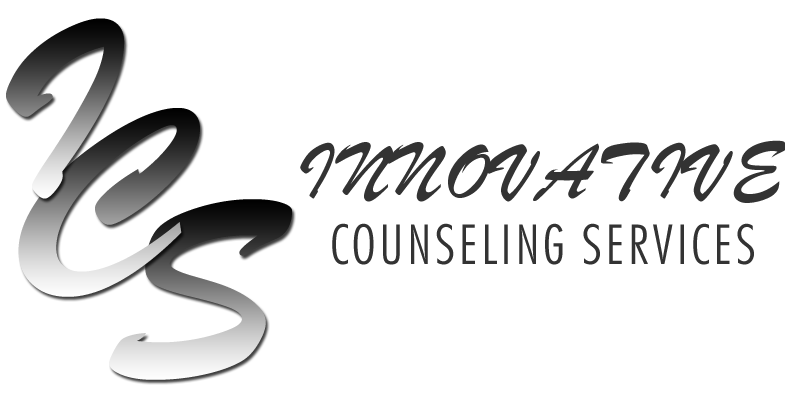
The word Psychology is made of two ancient Greek words: psyche, meaning soul and logos, meaning word. Today, however, as egos of both men and women drive psychological research, developing and implementing complex theories, the field of psychology has moved away from its basic truth and meaning: to study the mind, behavior, and the soul.
In psychiatry and psychology, we would do better for our clients not to be the “know-it-all” of truth. Inherently, psychology is a creative process, meaning both patient and psychologist must learn and work together toward simple truth.
How Does the APA Define Psychology?
According to the American Psychological Association (APA), “Psychology is the study of the mind and behavior. The discipline embraces all aspects of the human experience — from the functions of the brain to the actions of nations, from child development to care for the aged. In every conceivable setting from scientific research centers to mental health care services, ‘the understanding of behavior’ is the enterprise of psychologists.”
So, if psychologists are studying the soul, which manifests in human behavior, we must be attuned to the spiritual strivings in human beings in order to understand behavior and improve society.
I see psychology as a creative process where people learn to become aware of, acknowledge, and solve their problems in their own way. The therapist encourages and supports the patient through the interaction of behaviors, emotions, mind, and body expression. By using heuristic words, we don’t make suggestions, set directives, give covert demands, commands, or interpretations in the conventional sense. Instead, we guide. Heuristics, as defined by Webster’s dictionary, means “to invent or discover: helping to discover or learn.”
Simple truths emanate from human beings. We need to be loved unconditionally, accepted, and respected. With this comes the freedom to self-express and find happiness.
This natural creative process is stifled or thwarted by dysfunctional or ignorant family messages, expectations, or limitations, by rigid religious dogma, or judgmental restrictive societal expectations. “I am not good enough” and “I am not loveable” are the two most prevalent beliefs that distort human beings’ ability to live a creative and self-expressive life. As a psychologist, I conclude that the less we do and the more we listen — really listen, heuristically — the more often the creative process will occur.
I use Ernest Rossi’s technique called The Four-Stage Creative Cycle, which encourages my clients to notice what they are experiencing, explore their emotions and memories, explore possibilities of healing and problem solving, and how to reframe their symptoms and problems into creative inner resources to be developed further. I am there to support. They are reclaiming their lost power by finding their answers within for themselves while being supported and reminded of their inherent ability to create new pathways toward health and well-being.
You can learn more about my practice on Innovative Counseling Services website.
We offer a FREE 15 minute session to new clients. Contact Us to schedule it today. These sessions are only available via phone, email, text and Skype.
*Copyright Jean Pollack
